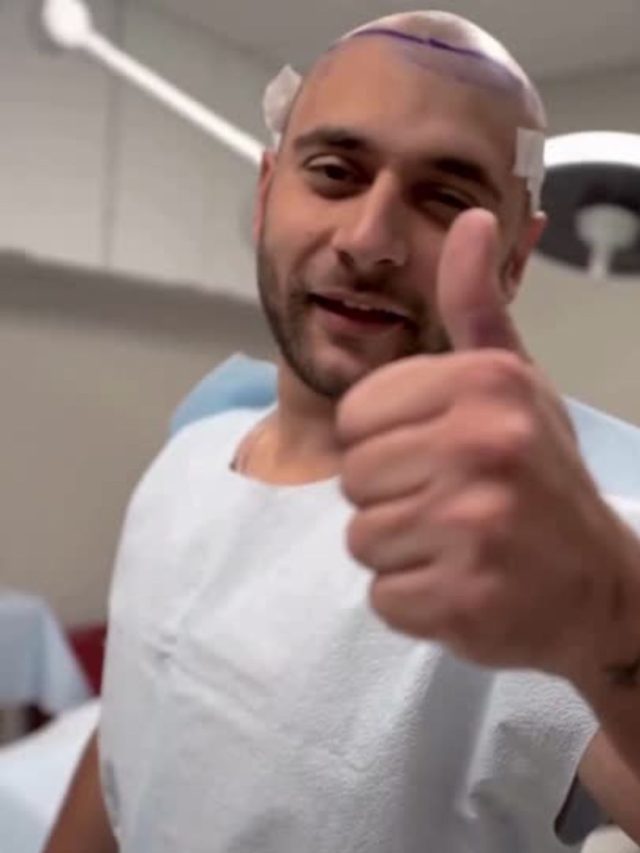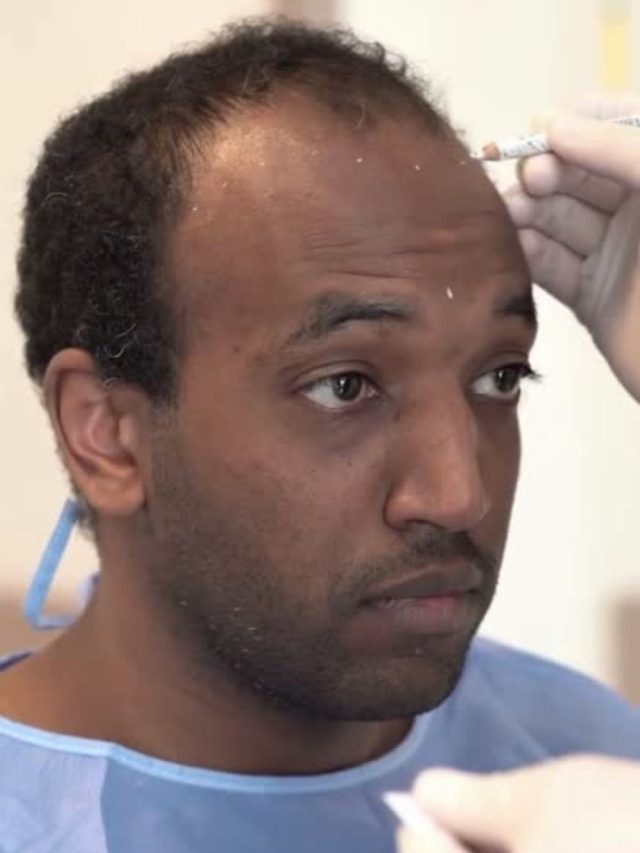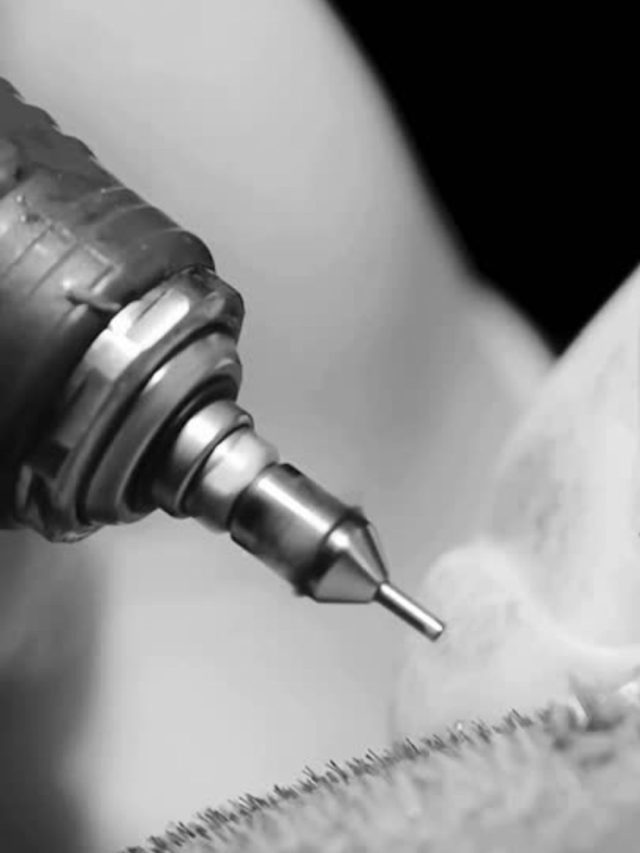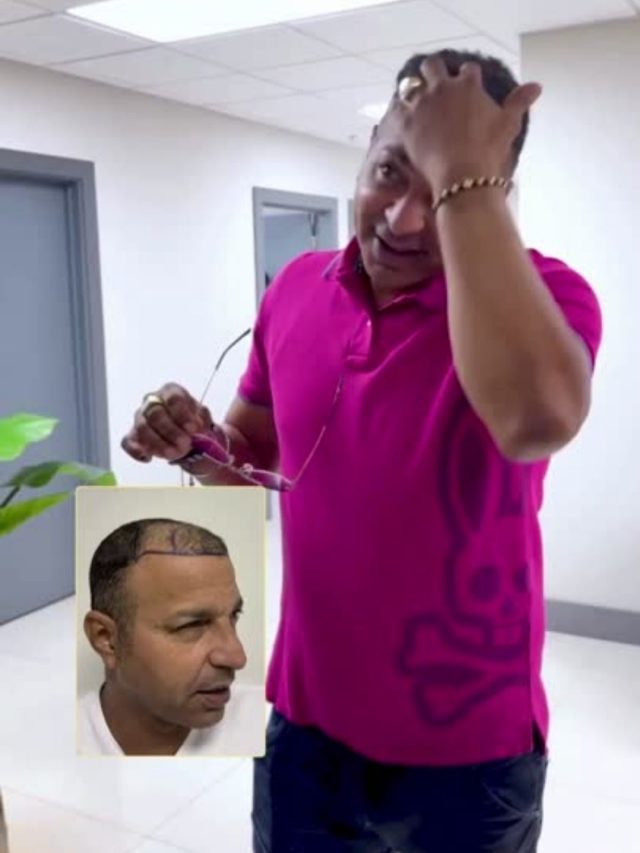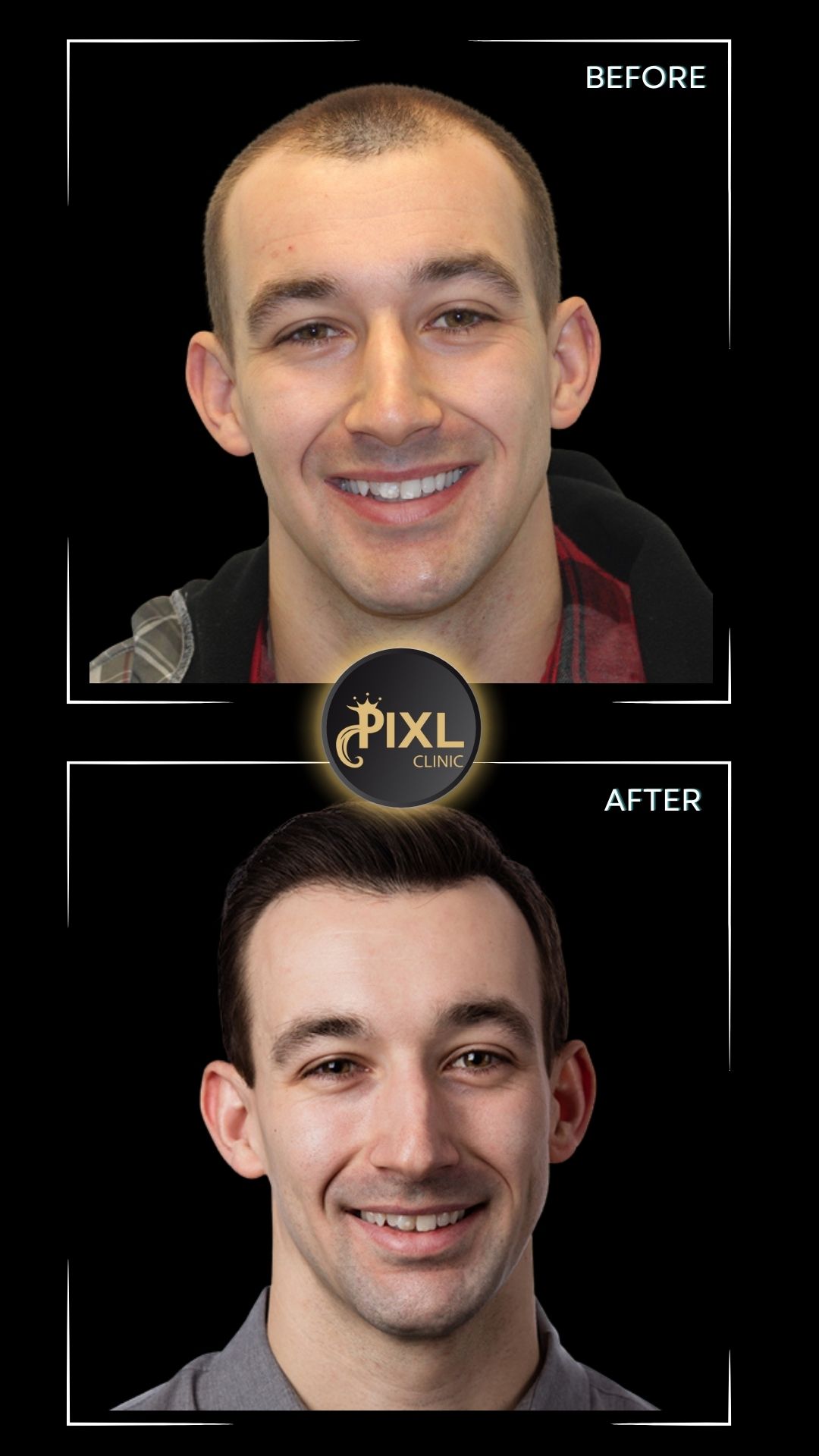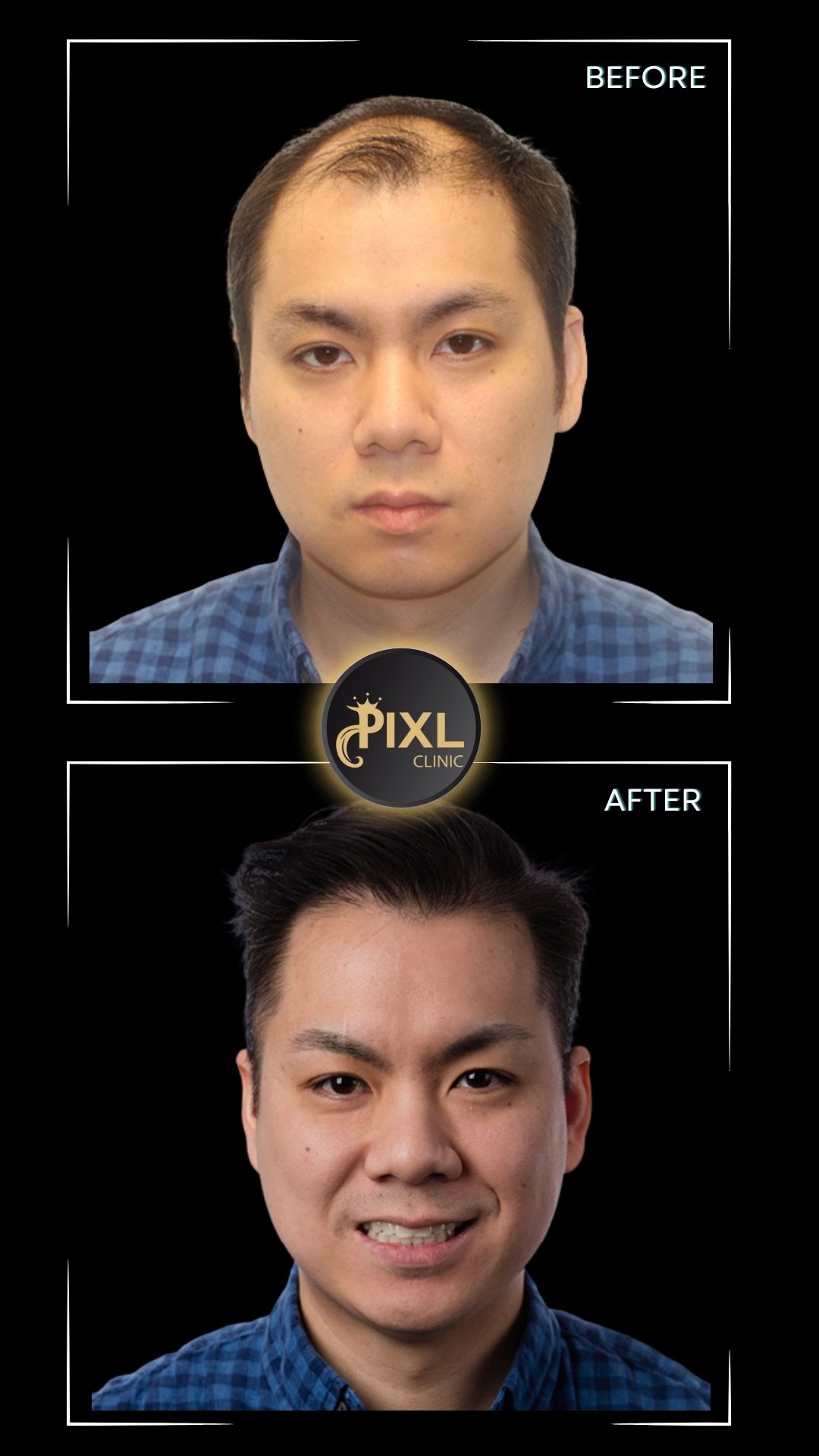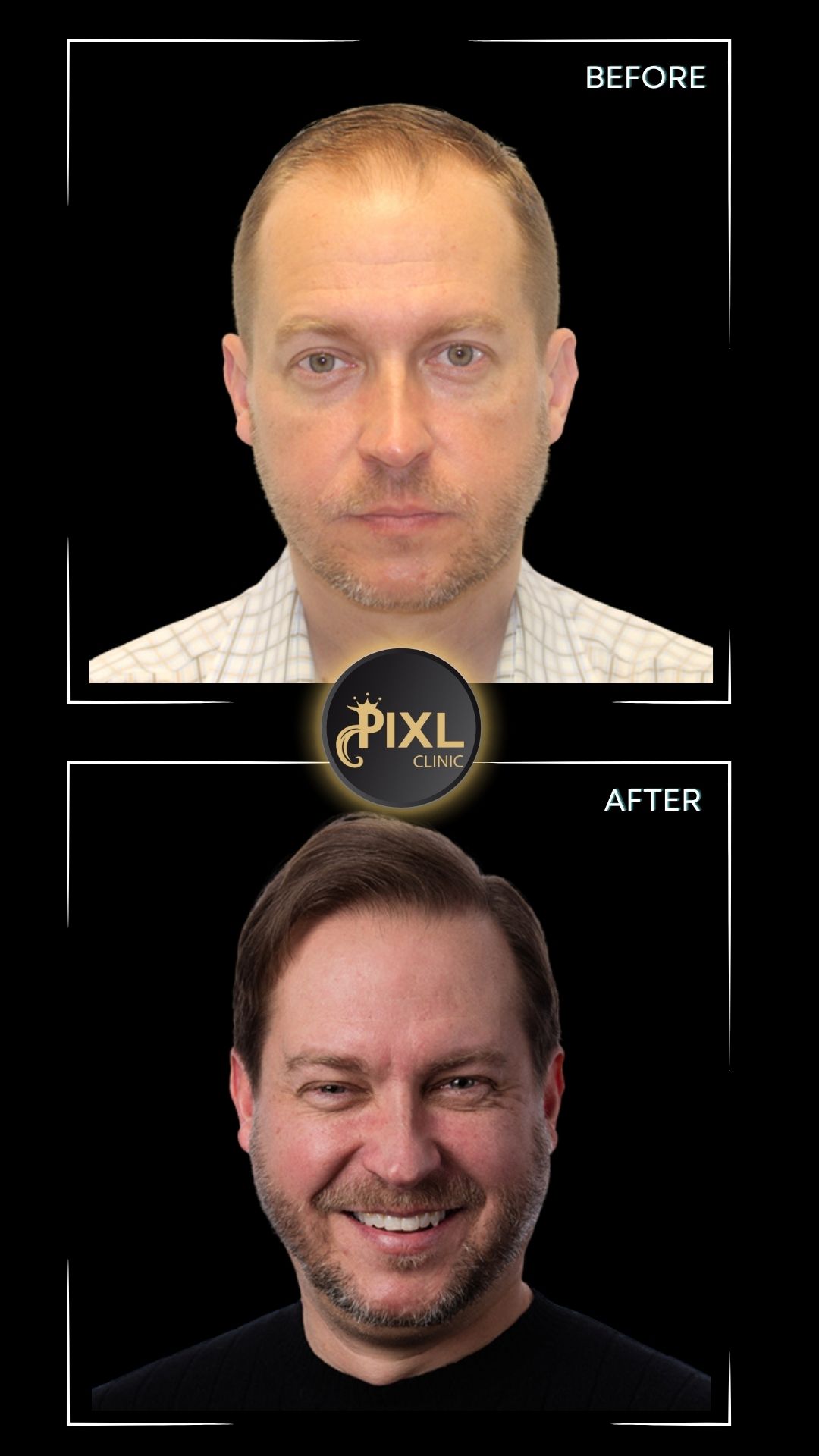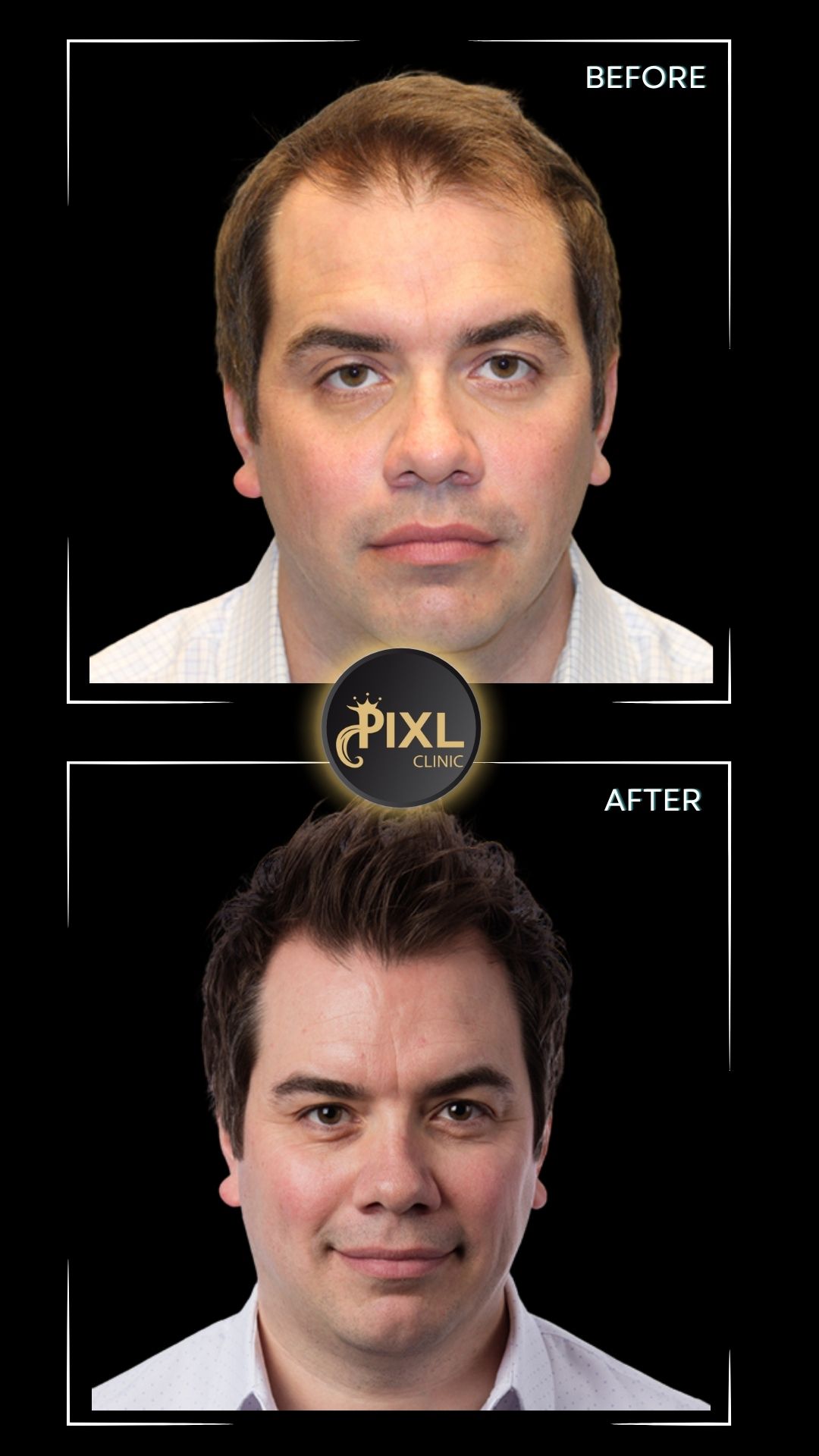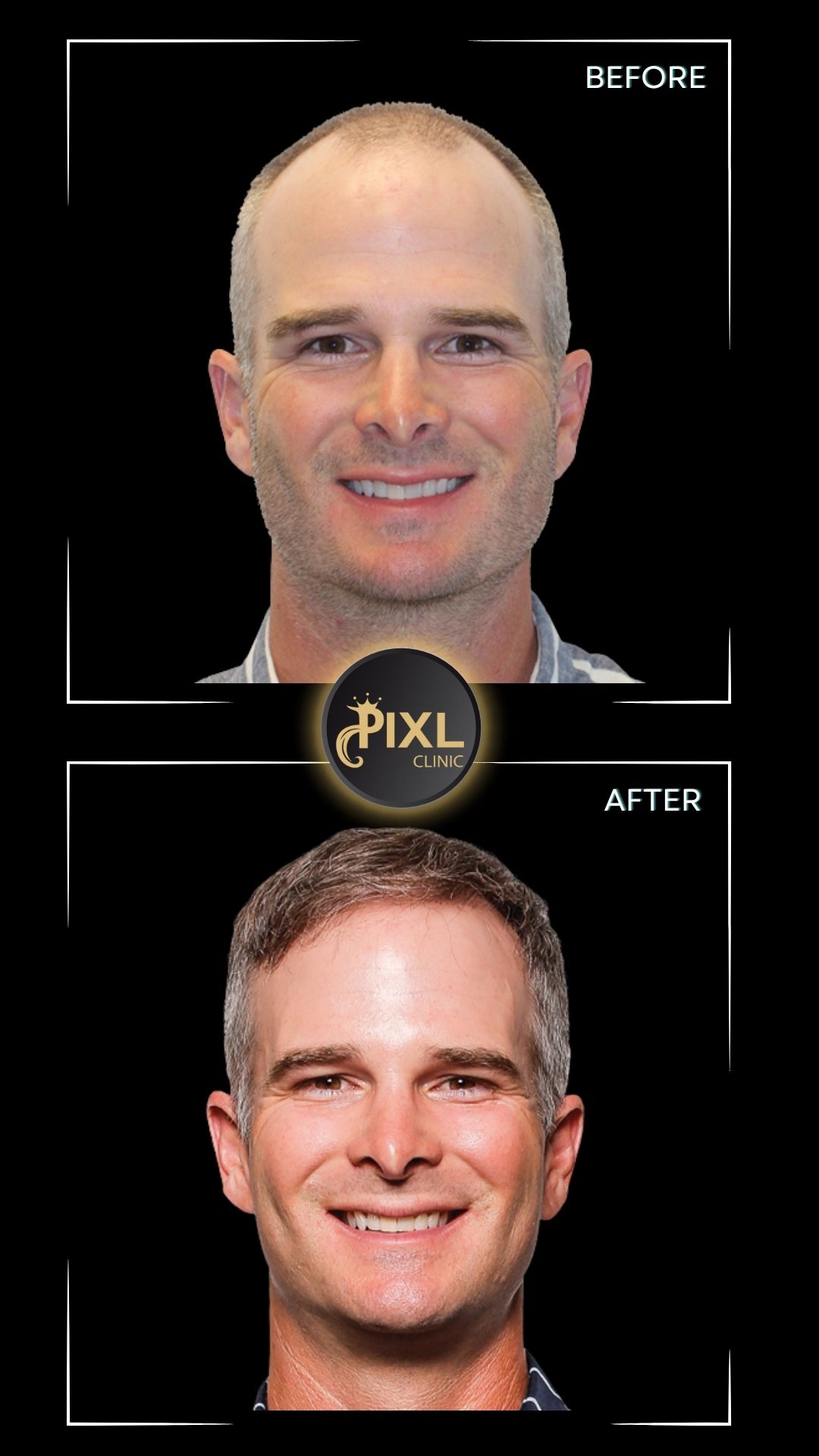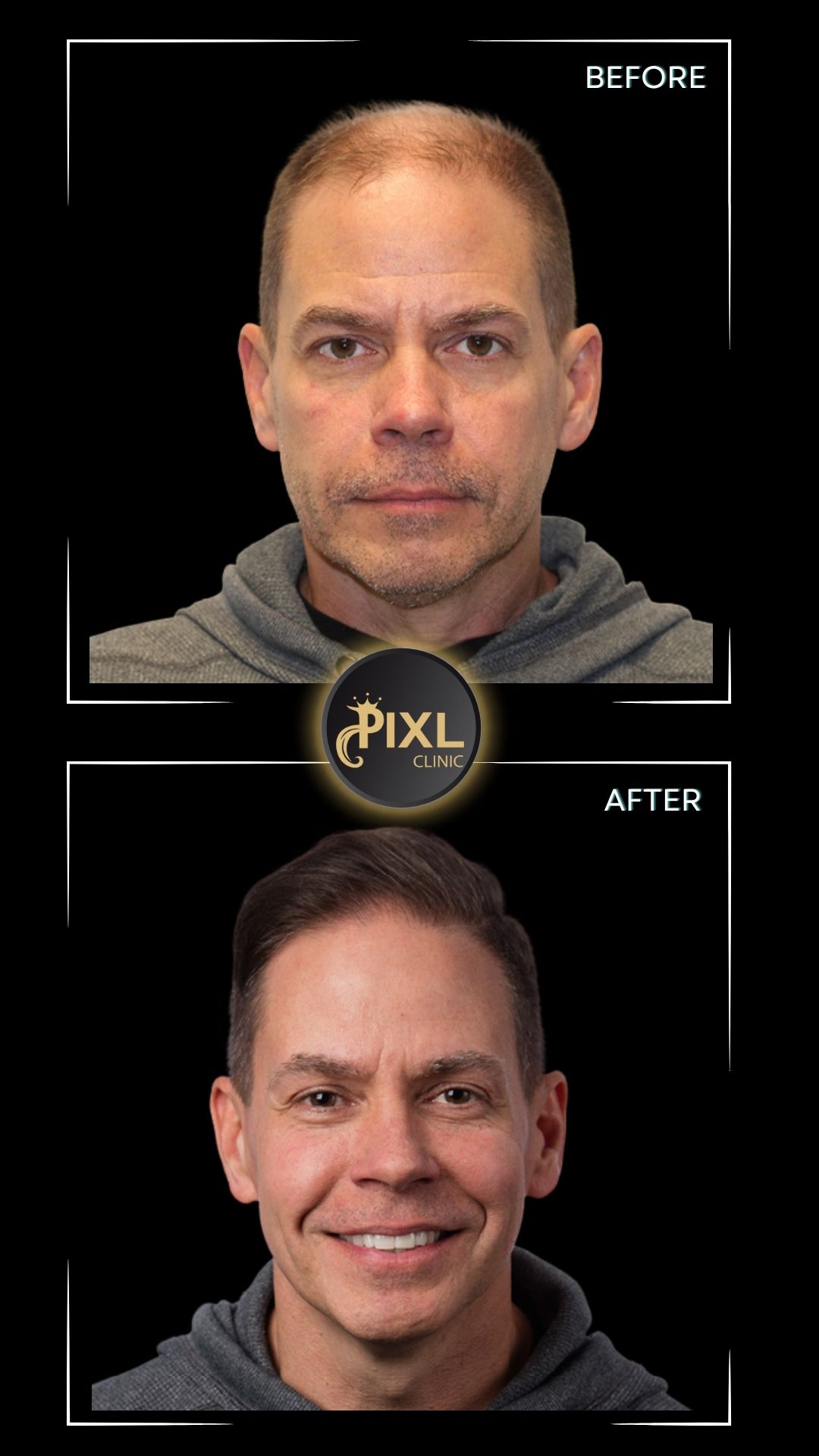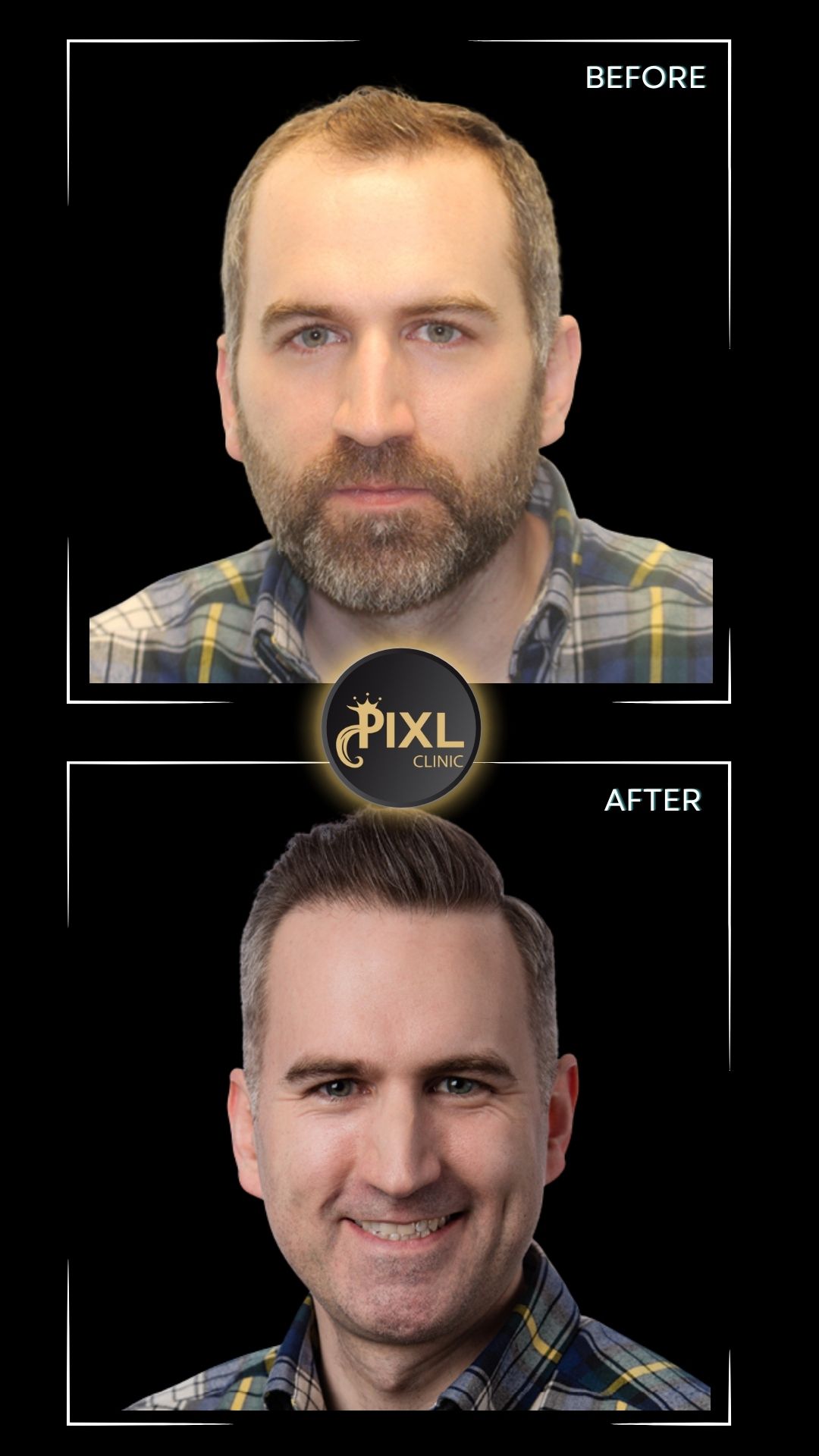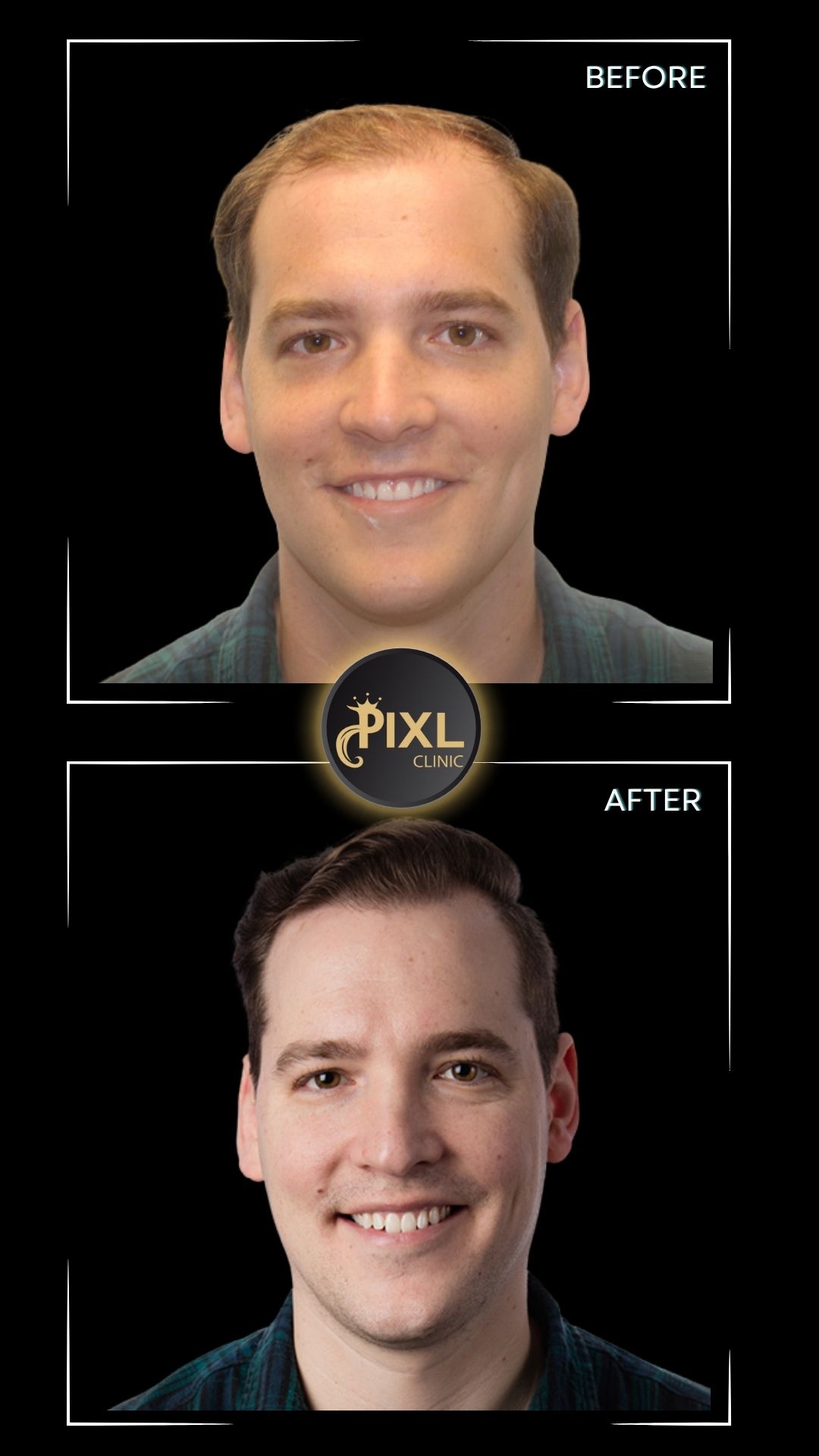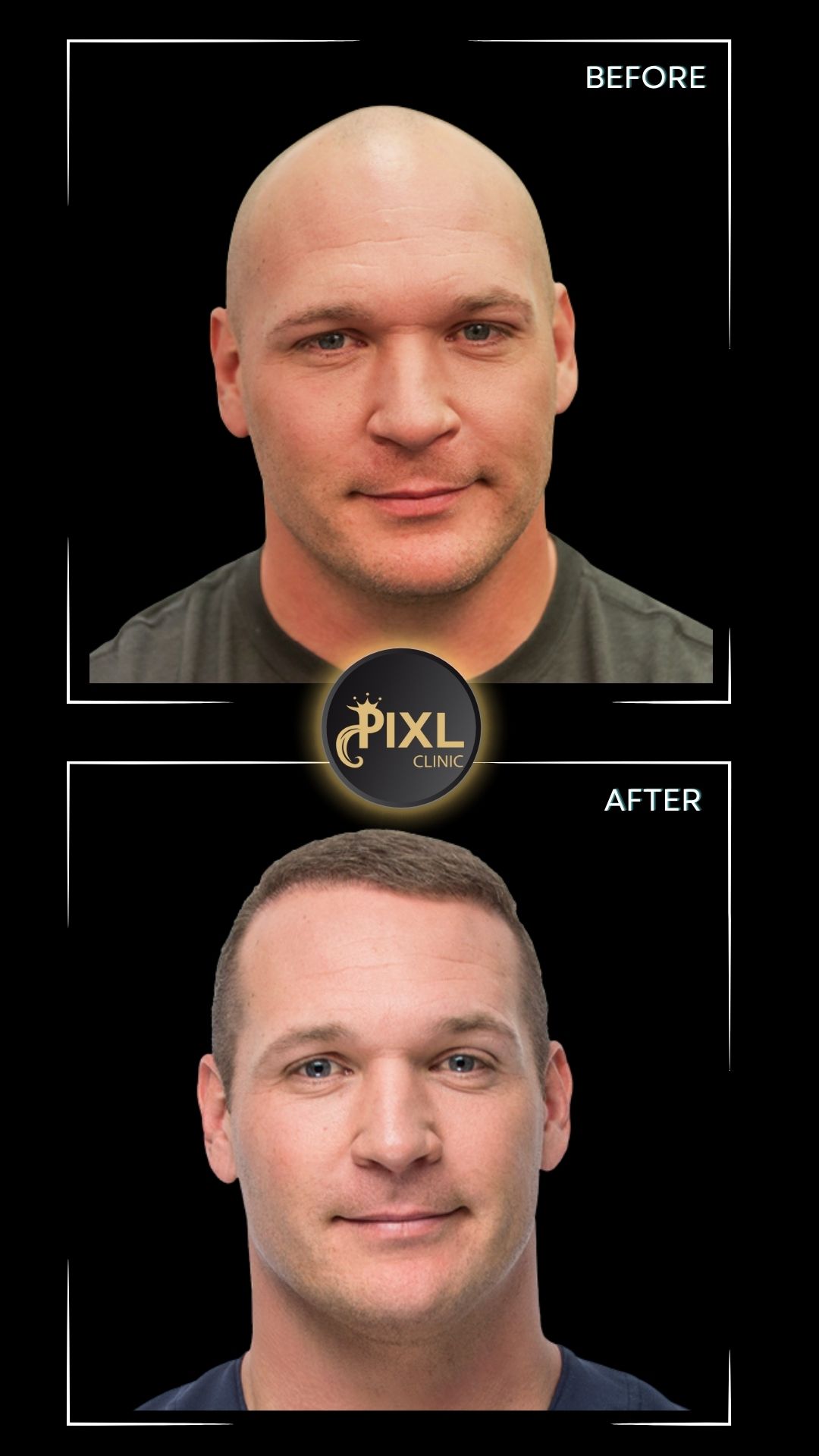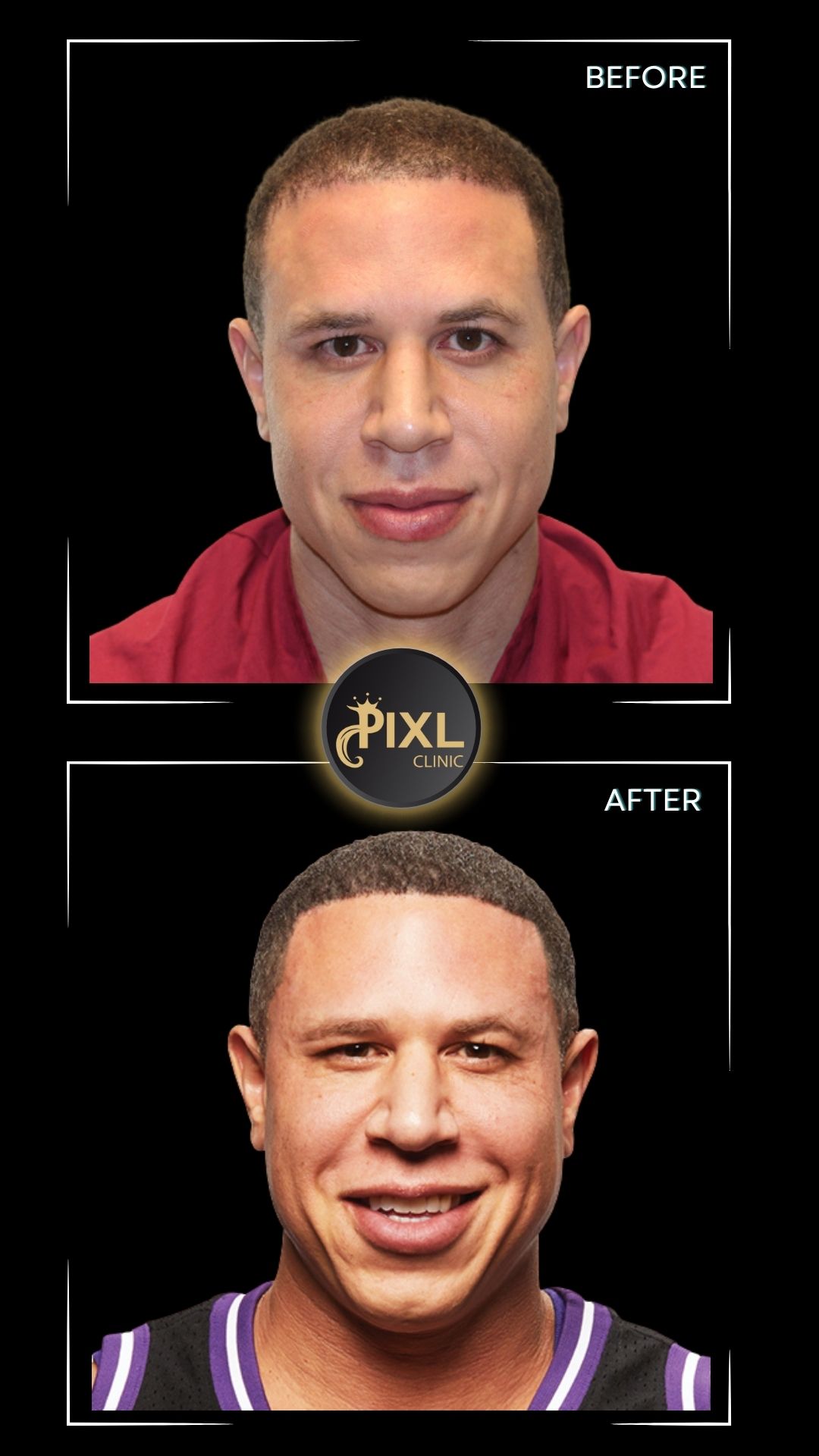Afro Hair Transplant in Turkey
Afro hair transplant in Turkey are increasingly popular due to the country’s expertise in hair restoration and its ability to cater to different hair types. Here’s why Turkey is a strong choice for Afro hair transplants:
Afro Hair Transplant in Turkey: Your Ultimate Guide to a Fuller, Natural Look
Hair loss can be a challenging experience, especially for those with afro-textured hair, who often face unique considerations during hair restoration. If you’re considering an afro hair transplant, Turkey has become a top destination known for its expertise, advanced techniques, and exceptional value.
Choosing Turkey for your afro hair transplant can be a life-changing decision, offering you access to advanced techniques, skilled surgeons, and affordable prices. By carefully selecting a reputable clinic and following the guidance provided, you can achieve the fuller, natural-looking curls you desire.
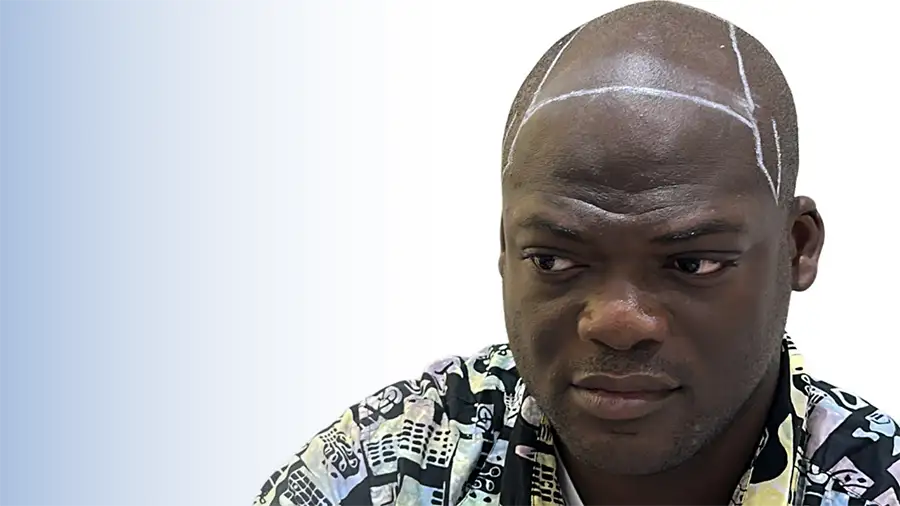
Afro Hair Transplants: Everything You Need to Know for a Fuller, Natural Look
Hair loss is a common concern that affects many people, including those with afro-textured hair. If you’re struggling with hair thinning or baldness and considering a hair transplant, it’s essential to understand the options available and how they cater to your unique hair type.
Understanding Afro Hair Transplants
What is an Afro Hair Transplant?
An afro hair transplant is a specialized procedure designed to address hair loss in individuals with afro-textured hair. This type of hair has unique characteristics, including a natural curl pattern and varying follicle angles, which require tailored techniques to ensure optimal results. The primary goal is to restore hair density while preserving the natural texture and curl pattern.
Common Techniques for Afro Hair Transplants
Two primary techniques are commonly used for afro hair transplants:
- Follicular Unit Extraction (FUE): This method involves extracting individual hair follicles from the donor area (typically the back of the head) and implanting them into the thinning or bald areas. FUE is minimally invasive and well-suited for afro-textured hair because it allows for precise placement of follicles.
- Sapphire FUE: An advanced variation of FUE, Sapphire FUE uses sapphire-tipped blades to create incisions in the scalp. This technique enhances precision and minimizes tissue damage, making it particularly beneficial for the intricate curl patterns of afro hair.
Benefits of Afro Hair Transplants
Natural-Looking Results
One of the primary advantages of afro hair transplants is the ability to achieve natural-looking results that complement your unique curl pattern. Skilled surgeons use specialized techniques to ensure that transplanted hair blends seamlessly with your existing hair.
Minimal Scarring
Modern techniques, especially Sapphire FUE, are designed to minimize scarring and promote quicker healing. This is particularly important for afro hair, as it helps maintain the integrity of your natural hair texture.
Enhanced Confidence
Restoring a full head of hair can significantly boost your confidence and self-esteem. A successful hair transplant can improve your appearance and allow you to enjoy a more youthful look.
What to Expect During the Procedure
Pre-Procedure Consultation
Before the transplant, you’ll have a consultation with your surgeon to discuss your goals, assess your hair loss, and plan the procedure. This is also an opportunity to ask questions and understand what to expect.
The Procedure
During the procedure:
- Preparation: The donor area is numbed with local anesthesia, and hair follicles are carefully extracted.
- Implantation: Extracted follicles are then implanted into the recipient area. With Sapphire FUE, sapphire blades are used to create precise incisions for optimal placement.
Post-Procedure Care
After the transplant, you’ll receive detailed aftercare instructions, including:
- Medication: To manage discomfort and prevent infection.
- Scalp Care: Guidelines for washing and caring for your scalp.
- Activity Restrictions: Avoiding strenuous activities and protecting your scalp from trauma.
Recovery and Results
Recovery Time
Recovery from an afro hair transplant is generally quick. Most patients can return to normal activities within a few days. Initial healing typically takes about 7 to 10 days, with more noticeable results emerging in 3 to 6 months.
Long-Term Results
Full results from the transplant may take up to 12 months to become apparent. The transplanted hair will grow naturally, blending seamlessly with your existing hair.
Afro Hair Transplant Costs in Turkey: What You Need to Know
If you’re considering an afro hair transplant, Turkey has become a leading destination due to its advanced techniques, experienced surgeons, and cost-effective options. Understanding the costs associated with afro hair transplants in Turkey can help you make an informed decision and ensure that you’re getting the best value for your investment. Cost of Afro Hair Transplants in Turkey
Average Pricing
The cost of afro hair transplants in Turkey generally ranges from $2,000 to $3,000 USD. This pricing can vary based on several factors, including the clinic’s reputation, the surgeon’s experience, and the number of grafts required. In comparison to many Western countries, where costs can range from $4,000 to $15,000 USD, Turkey offers a more affordable option without compromising on quality.
What’s Included in the Cost
- Consultation Fees: Initial assessments and planning.
- Surgical Procedure: The cost of the hair transplant itself.
- Accommodation: Hotel stays during your treatment and recovery.
- Transportation: Transfers between the airport, hotel, and clinic.
- Post-Operative Care: Medications, follow-up visits, and any necessary treatments.
Frequently Asked Questions
What is an Afro Hair Transplant?
An Afro hair transplant is a surgical procedure that involves transplanting hair follicles from one part of the body (usually the back of the head) to areas experiencing hair loss, specifically designed for individuals with Afro-textured hair, which has unique characteristics such as curly follicles and a thicker, coarser texture.
Why is Turkey a popular destination for Afro Hair Transplants?
Turkey has become a global hub for hair transplants due to:
- Affordable pricing compared to other countries.
- High-quality medical facilities and experienced surgeons.
- Availability of specialists experienced in Afro-textured hair.
- All-inclusive medical tourism packages.
What makes Afro-textured hair transplant different from others?
Afro-textured hair requires specialized techniques because:
- The follicles are curly, which can make the procedure more complex.
- Hair grafts are more delicate and require special handling.
- Surgeons must account for the unique growth patterns and thickness of the hair.
Which methods are used for Afro Hair Transplants in Turkey?
The two most commonly used methods are:
- FUE (Follicular Unit Extraction): Individual hair follicles are harvested and transplanted, which is preferred for Afro-textured hair because it minimizes scarring.
- FUT (Follicular Unit Transplantation): A strip of skin is removed from the donor area, and follicles are extracted from it. FUE is often favored over FUT due to the curly nature of Afro hair.
Is there a risk of scarring with Afro Hair Transplants?
Scarring can be more visible on darker skin tones, making FUE more popular among patients with Afro-textured hair since it leaves minimal scarring compared to FUT. Surgeons in Turkey are skilled in minimizing scarring.
How many grafts are typically needed for an Afro Hair Transplant?
This depends on the extent of hair loss. On average, 1,500 to 4,000 grafts may be transplanted, but an individual consultation with a surgeon is needed to determine the exact number.
How much does an Afro Hair Transplant in Turkey cost?
The cost can vary depending on the clinic, surgeon’s expertise, and the number of grafts. Typically, prices range from $2,000 to $5,000, which is significantly lower than in Western countries.
How long does the procedure take?
An Afro hair transplant usually takes between 6 to 8 hours, depending on the number of grafts and the complexity of the case.
What is the recovery time for an Afro Hair Transplant?
- Most patients can resume normal activities within a few days.
- Swelling and redness in the transplant area usually subside within a week.
- Full recovery, including the shedding of transplanted hairs and regrowth, takes about 8 to 12 months.
When can I expect to see results?
- Initial shedding of transplanted hairs occurs within the first month, which is normal.
- New hair growth typically starts around 3 to 4 months post-surgery.
- Final results are usually visible after 9 to 12 months.
Are there any risks or complications?
Common risks include infection, swelling, and scarring, but these are rare when performed by experienced surgeons. Afro-textured hair has a higher chance of developing keloid scarring, so a surgeon familiar with this hair type is essential.
Is Afro Hair Transplant permanent?
Yes, the results are permanent, as the transplanted follicles are taken from the “donor area,” which is resistant to hair loss.
What should I look for in a clinic or surgeon?
- Experience with Afro-textured hair transplants.
- Board certification and medical accreditation.
- Positive reviews and patient testimonials.
- Transparent pricing and clear communication.
What aftercare is required?
- Avoid washing the scalp for the first few days.
- Use prescribed medications and follow aftercare instructions.
- Avoid strenuous activities and direct sunlight for a few weeks.
- Attend follow-up appointments for progress checks.
Can I combine the transplant with other cosmetic procedures?
Yes, many clinics in Turkey offer packages that include other cosmetic procedures such as beard transplants, facelifts, or even dental treatments, depending on the patient’s needs and preferences.
Are consultations available online before traveling?
Yes, most clinics in Turkey offer online consultations where potential patients can discuss their case with a surgeon and receive a personalized treatment plan before traveling.

